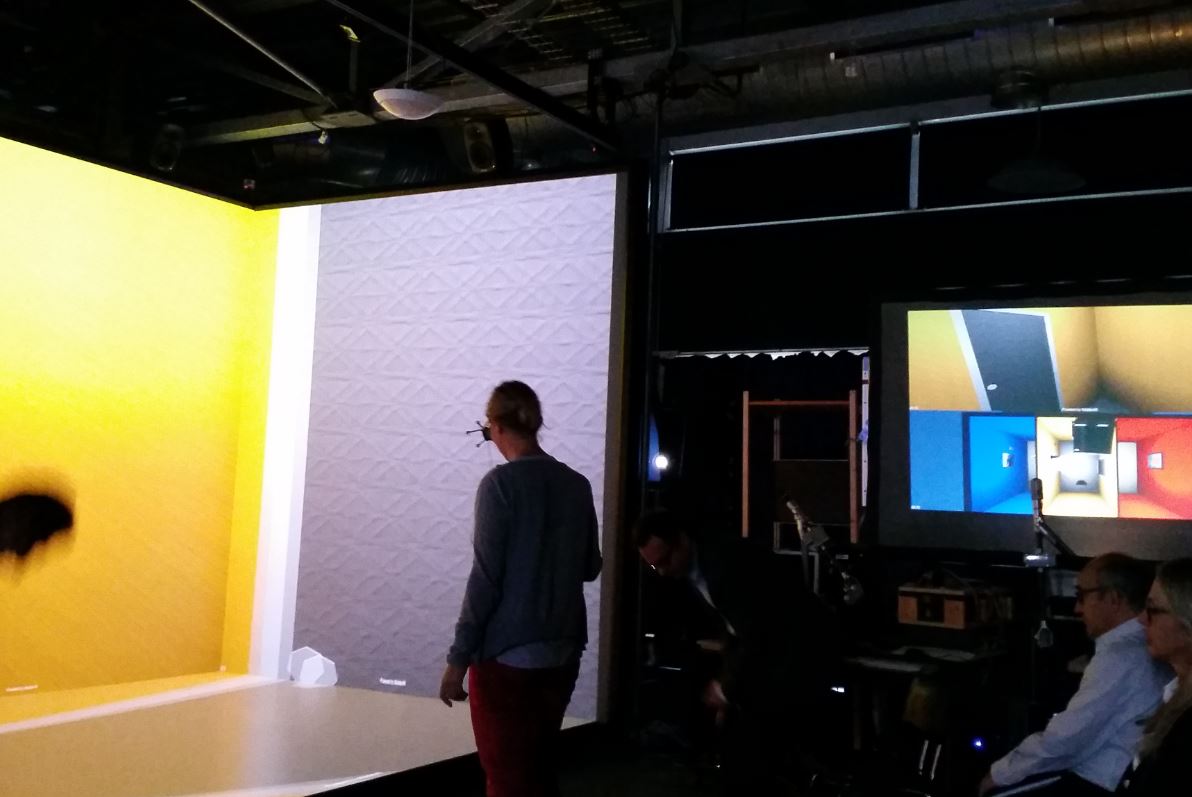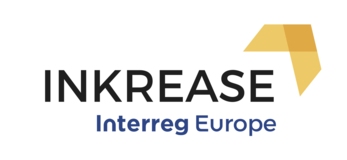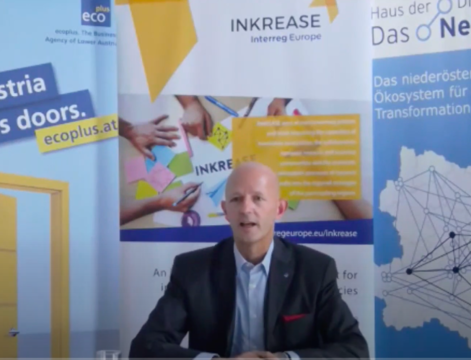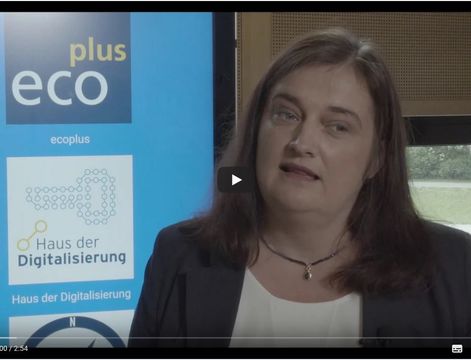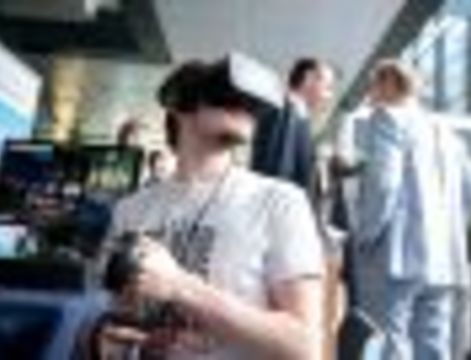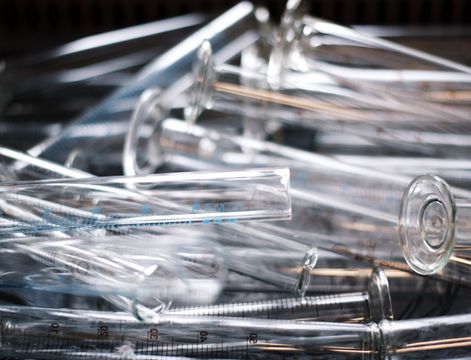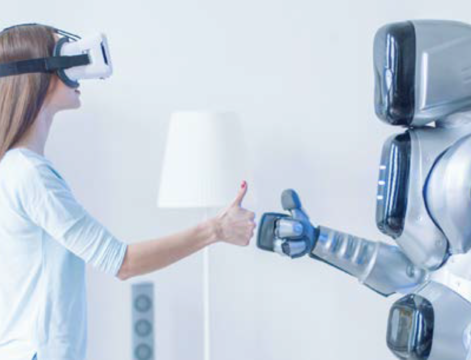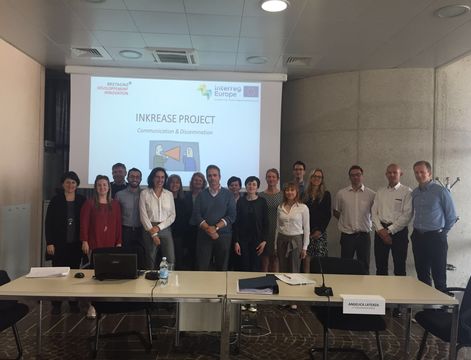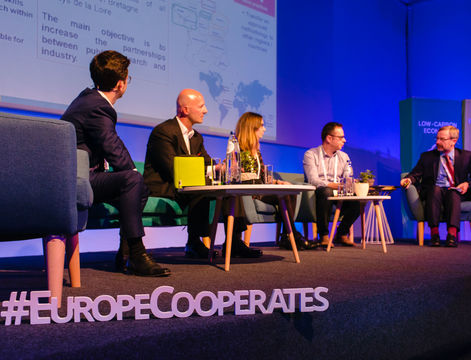The first itinerary introduced the mains tools used by the Bretagne Region to help the establishment of a new innovative company developing a technology from a research laboratory. The regional support to the company Kemwatt, which is developing a new generation of batteries, was described through several visits and interviews (Ouest Valorisation, Technopole Rennes Atalante, Rennes Institute of Chemical Sciences, Kemwatt). Kemwatt announces that it has successfully designed, assembled and tested a 10 kW industrial prototype of an Organic Redox Flow Battery, that can store electricity from renewable sources or support smart grids and micro grids. Based on its innovative chemistry and stack, this very first non-corrosive Organic Redox Flow Battery of industrial size has required two years of development from the French startup. It paves the way to simple, reliable and affordable storage solutions, and represents a major step for the expansion of renewable energy, smart grids and micro grids around the world.
The second itinerary was focused on licensing intellectual property to an existing company. Ouest Valorisation developed a program for making value out of innovations by public laboratories, through tools like licensing intellectual property to an existing company. This itinerary described the process of partnering between a Rennes-based laboratory of Computer sciences and Script and Go, a company specializing in new uses of digital technology, in order to develop digital tools, dedicated to pupils who are learning to write.
The third itinerary dealt with creation of a shared public-private research lab. A public lab and a private lab are coming together and sharing their resources to engage in a joint research project. The Biosit lab is port of the Université de Rennes and Biotrial Pharmacology is a company specializing in pharmacological testing – they are joining forces for 5 years to develop new cell, tissue and animal models for research purposes and to test new cancer drugs.
The fourth itinerary was devoted to establishing an industrial research chair. The metamorphic habitat is a place that can be configured into living quarters, a workspace, or leisure area. A place able to adapt in real time to the needs and uses of the occupant according to the time of day. Five socio-economic players have come together around the Foundation Rennes 1 to innovate and demonstrate the benefits of the concept. A smart habitat research chair has been created at the University, led by a young Italian researcher whose work in the field is promising.
